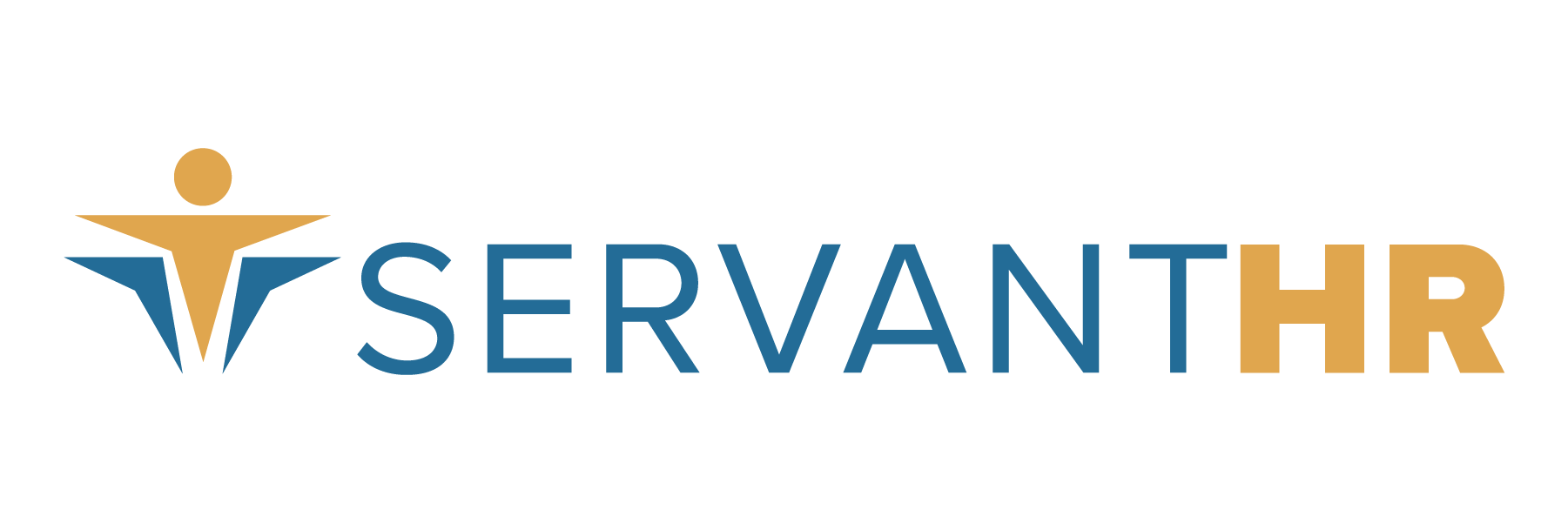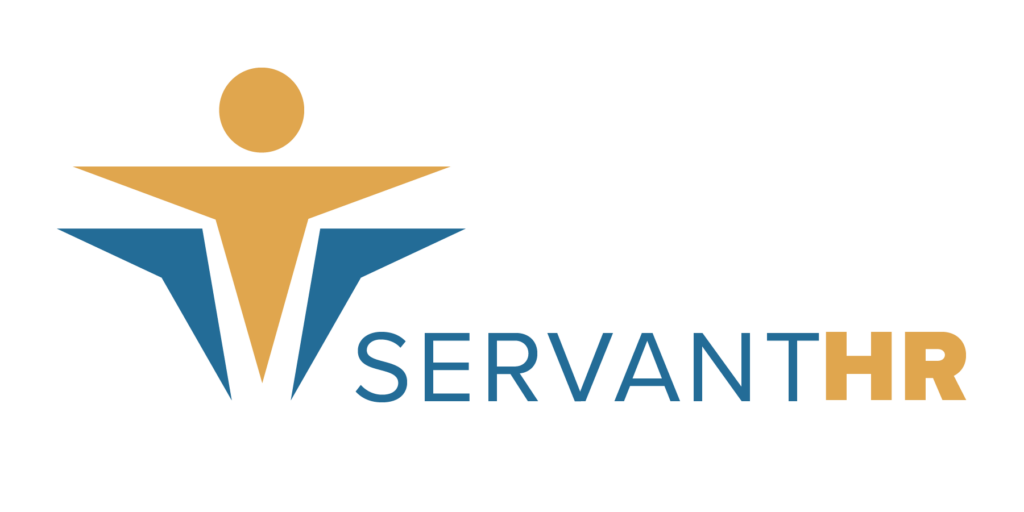I am often asked what size company needs a PEO. Is it the right fit for startups as well as big corporations? When does it not make sense? Due to broad issues including health care reform and the nature of the modern workforce, my answer to that question is changing. Here is a by-the-numbers approach to sizing up a PEO for your business. But first, a little about healthcare reform.
What Healthcare Reform Means to the Numbers
In three words, the Affordable Care Act makes answering the question of what size company needs a PEO much more difficult. With healthcare legislation, the importance of a PEO grows as there is an additional layer of compliance related to health benefits. Compared to staff size, the more important question business owners need to ask themselves is: “Who is going to be my expert on healthcare reform?” With many changes on the horizon, businesses need to consider if it makes sense to use a PEO to handle all of those things an internal person doesn’t need to be learning and focusing on.
3-5 Employees
A PEO model makes a lot of sense for many startup companies with as few as 3-5 people on staff. These businesses are focused on providing a service or product that will help them get off the ground and grow. They aren’t resting on laurels or riding any easygoing waves of revenue growth. A PEO is a good fit because it allows entrepreneurs and small business owners to keep their eyes on the ball doing what they love instead of worrying about benefits, federal regulations and payroll.
Owners of emerging companies and startups typically can see the value of outsourcing their HR. PEOs are good at working with rapidly growing businesses that need to focus on raising money and reinvesting so they can grow. PEOs understand that. As the business grows, a PEO’s service to that business tends to grow as well.
20-75 Employees
This is a PEO’s sweet spot. When a business has 20-75 employees, a full-service PEO can do everything it is made to do for a client. The PEO can be fully engaged in every aspect of the client’s HR.
This is the kind of business that needs every part of a PEO: HR management, benefits, payroll, risk management and retirement services. They are big enough to feel the growing pains of having employees, yet they aren’t so big that a full-service PEO that carries many of the risks associated with having a staff isn’t the best fit. This category covers most of Servant HR’s current clients.
75-200 Employees
When a company has 75-200 employees, discussions usually start within its finance department to determine if it makes sense to go out and hire a full-time HR expert. This analysis is legitimate — but requires a complete analysis of the costs and benefits of such a decision.
A company must avoid the misconception that anyone with HR experience can do the job well. If you are going to keep your HR services in house, be sure your hire is a highly qualified expert. When you have an HR generalist or a less experienced person, you are losing out on a PEO’s experience solving HR challenges on a daily basis in many different industries. In many cases, this kind of hire isn’t economically feasible, which brings companies back to the PEO model.
As a company continues to grow, it may be able to pay a professional HR person to handle at least 20 hours of task-oriented HR work as well as more strategic recruitment and training. That makes sense. The question to answer is what happens as the company continues on the upswing and those necessary tasks become too much for one person — at least this highly qualified person you hired to handle all of your HR needs. Does the business owner want this person to focus on payroll and worker’s comp, which have to be done, or more strategic areas such as development and coaching? What is the priority? When this tipping point begins to happen, these are the sorts of things business owners need to consider and a PEO still remains of great value.
200+ Employees
Once a company gets past 200 employees, it almost always has internal HR people. Different tax advantages for companies of this size also come in to play when considering whether a PEO is the right choice. Often, it makes sense to move from a PEO model into an ASO (Administrative Services Organization) model. What that means is the HR service provider meets the administrative and HR needs of the client while the client retains all employment-related risks and liabilities.
If you are asking yourself whether a PEO is a good fit for you, contact me, Scott Ingram, at 317-585-1688 to find out more.






